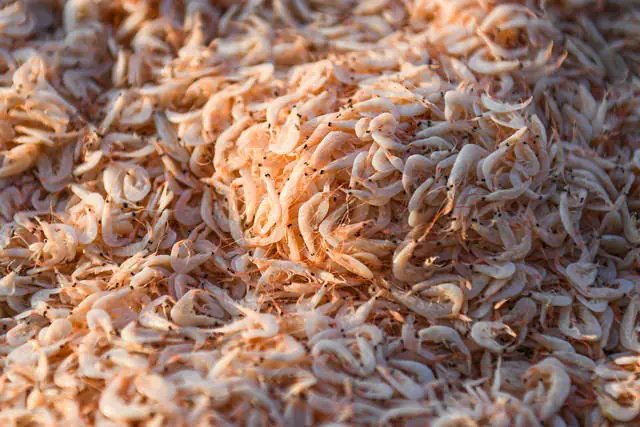
A parasite that can cut off human sp:erm, causing global infertility?
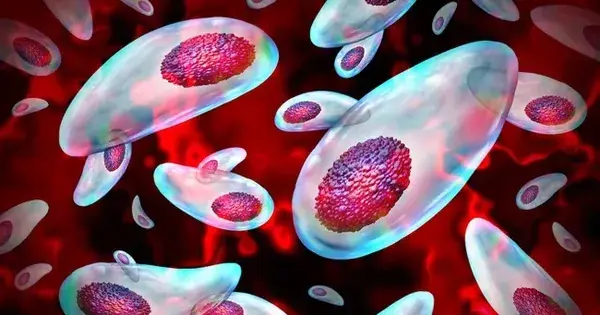
The male fertility rate has declined sharply over the past half-century. An analysis from 1992 recorded a steady decrease in both sperm count and quality since the 1940s.
A more recent study shows that male infertility rates increased nearly 80% from 1990 to 2019. The reasons driving this trend remain a mystery, but common culprits often mentioned include obesity, poor diets, and environmental toxins.
Infectious diseases like gonorrhea or chlamydia are often overlooked factors that affect male fertility. Accumulating evidence suggests that a common single-celled parasite called Toxoplasma gondii could also be a contributing factor: A study in April 2025 first showed that "human sperm loses its head when directly exposed" to the parasite. This new research reinforces emerging findings emphasizing the importance of preventing infections caused by this parasite.
How You Can Get Toxoplasmosis
Infected cats shed Toxoplasma eggs in their litter boxes, gardens, or other areas in the environment, where they can be picked up by humans or other animals. Water, shellfish, and unwashed fruits and vegetables can also contain parasitic eggs.
Besides the eggs, cysts in the meat of warm-blooded animals can also spread toxoplasmosis if not killed by cooking at the right temperature. While most hosts of the parasite can control the initial infection with little or no symptoms, Toxoplasma remains in the body for life as dormant cysts in the brain, heart, and muscle tissue. These cysts can reactivate and cause severe illness, damaging key organ systems.
From 30% to 50% of the global population is permanently infected with Toxoplasma because the parasite can spread in many ways.
Toxoplasma May Target Male Reproductive Organs
When infected, Toxoplasma spreads to almost every organ and muscle. Evidence suggests that Toxoplasma may also target human male reproductive organs, first appearing during the peak of the AIDS pandemic in the 1980s, when some patients were found to have the parasite in their testes.
While immunocompromised patients have the highest risk of Toxoplasma infection in the testes, the disease can also occur in healthy individuals. Imaging studies on infected mice confirmed that Toxoplasma quickly moves to the testes, outside the brain and eyes, within a few days of infection.
In 2017, researchers discovered that Toxoplasma can also form cysts in the prostate glands of mice. They also observed these parasites in the semen of several animals, including human semen, increasing the potential for sexual transmission.
Knowing that Toxoplasma can reside in male reproductive organs has prompted analyses of fertility in infected men. A small study in Prague in 2021 involving 163 men infected with Toxoplasma showed that over 86% had sperm abnormalities.
Toxoplasma Can Directly Damage Sperm
Toxoplasmosis in animals is similar to human infections, allowing researchers to address issues that are difficult to study in humans. Testicular function and sperm production significantly declined in mice, rats, and male sheep infected with Toxoplasma. Infected mice had significantly lower sperm counts and a higher rate of sperm abnormalities.
In the April 2025 study, researchers from Germany, Uruguay, and Chile observed that Toxoplasma could reach the testes and epididymis—the tube where sperm matures and is stored—just two days after infection in mice. This discovery led the research team to experiment with what happens when the parasite directly contacts human sperm in vitro.
After just five minutes of exposure to the parasite, 22.4% of sperm cells had their heads cut off. The number of sperm heads cut off increased with the duration of interaction with the parasite. The sperm cells with intact heads were often twisted and deformed. Some sperm cells had holes in their heads, suggesting that the parasite was attempting to invade them like any other cell it infects.
In addition to direct contact, Toxoplasma can also damage sperm and promote chronic inflammation. Inflammation in the male reproductive tract is harmful to sperm production and function.
Researchers speculate that the damage caused by Toxoplasma to sperm may significantly contribute to the global decline in male fertility over the past decades.
Preventing Toxoplasmosis
Evidence showing that Toxoplasma can infect male reproductive organs in animals is convincing, but whether this causes health problems in humans remains unclear. Toxoplasma testicular disease shows that the parasite can invade human testes, but symptomatic cases are rare. Research so far indicates that the defects in sperm from infected men are too small to draw definitive conclusions at this time.
Additionally, some reports suggest that the rate of Toxoplasma infection in high-income countries has not increased over the past few decades, while male infertility has risen.
Regardless of the potential impact of this parasite on fertility, you should avoid Toxoplasma. The infection can cause miscarriage or birth defects if someone contracts it for the first time during pregnancy and can be life-threatening for those with weakened immune systems.
Proper care of cats, cleaning litter boxes immediately, and washing hands thoroughly afterward can help reduce the risk of exposure to Toxoplasma. You can also protect yourself from this parasite by washing fruits and vegetables, cooking meat at the appropriate temperature before eating, and avoiding raw shellfish and unpasteurized milk.
News in the same category


What Happens If You Eat Over 7 Eggs a Week? 🥚🤔

4 Pros & 4 Cons When Buying Pork: Pick Right and It’s Worth Every Gram

The Hidden Uses of Egg Boiling Water

This Type of Paper Should Never Come Into Contact with Food

Understanding Night Barking: 6 Reasons Your Dog Won’t Stay Quiet After Dark

Foods That Should Never Be Combined with Eggs — Absolutely Avoid These Dangerous Pairings

10 Effective Snake-Repellent Plants to Keep Your Yard Safe and Beautiful

The Button Dilemma: Why Do Men's and Women's Shirts Button Differently

How long does a person live, just by looking at the lower body? People with long life often have these 3 characteristics

Can Guava Leaf Tea Really Cure Diabetes?

Even Now, Many People Still Have No Idea What This Tiny Hole Is For

If Your Home Has These 3 Tilted or Misaligned Items, Beware of Sudden Decline in Fortune and Health
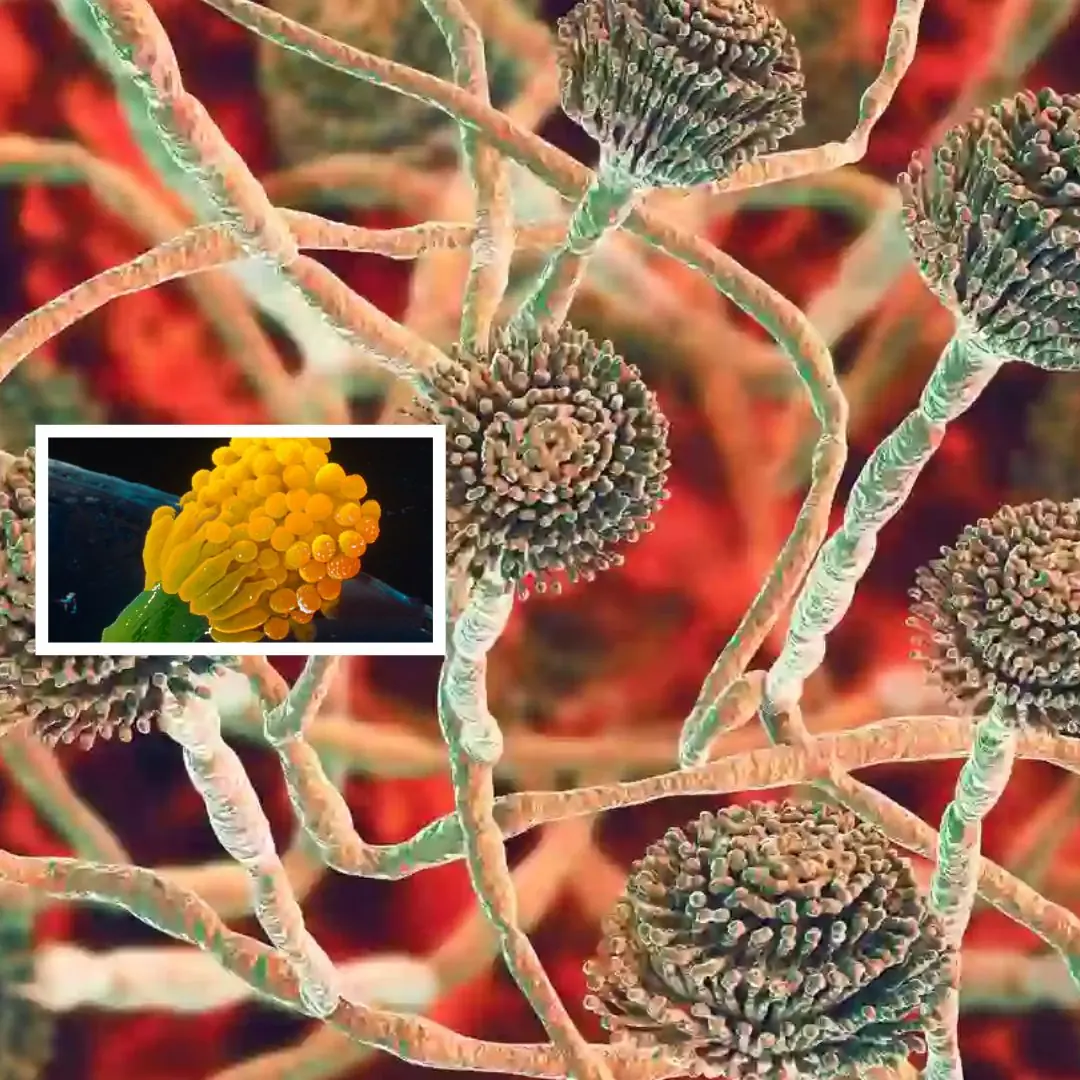
Scientists issue warning for de.a.dly fungus that 'eats you from the inside out' and it could impact millions

4 ha.rmful types of tomatoes: Even cheap market prices can’t make people buy them

Mix white salt with fabric softener, solve many household problems, save a lot of money

Recognizing the Final Signs: Understanding the 11 Symptoms That Indicate De@th Is Near

Pour this into the kitchen sink, and the grease clogging the pipes will dissolve completely

The Hidden Role of the Bed Runner in Hotels: More Than Just Decoratio
News Post

One Small Change in Your Fingers Could Be an Early Sign of Lu.ng Can.cer
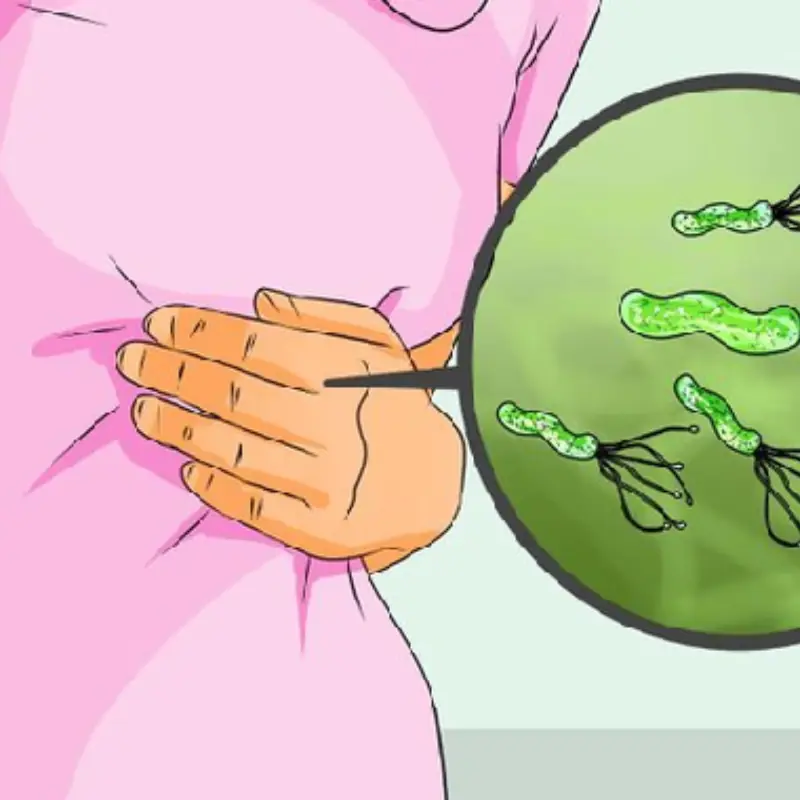
Doctors Say There Are 5 Symptoms After Meals So You Should Have an Early End.os.copy

4 Common Morning Habits That Bring You Closer to a Str.oke

Krait snake crawls out of air conditioner, puts 7-year-old girl in critical condition, some suggestions on how to prevent it

Seafood with 3 times more calcium than soybeans, China calls it "appetite enhancer" in summer
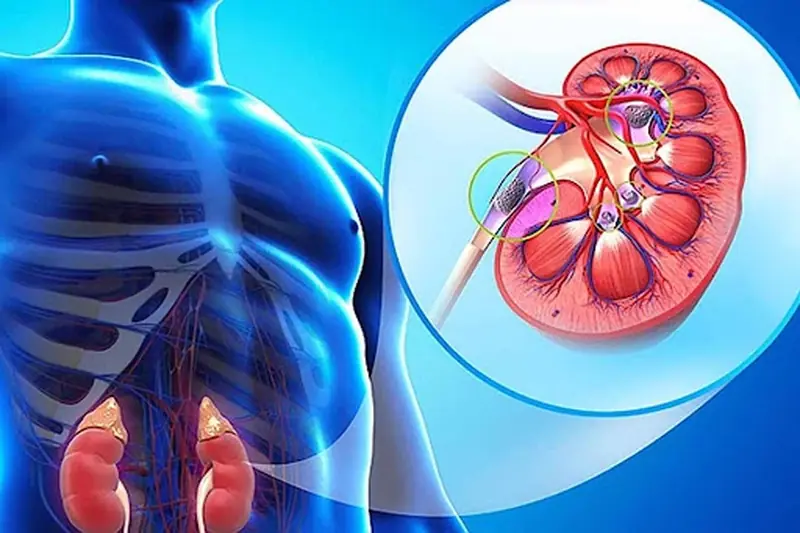
Healthy kidneys, the body will have these 5 signs, check how many of them you have!

Cut a lemon in half and "smear it all over the house", the effect surprised me

What Happens If You Eat Over 7 Eggs a Week? 🥚🤔

4 Pros & 4 Cons When Buying Pork: Pick Right and It’s Worth Every Gram

4 Daily Habits That Silently Destroy Your Hips — Women Over 40, Be Careful!

Only Those with High IQ Can Count the Exact Number of Triangles in This Image

Boost Your Toilet's Flushing Power Instantly with This Simple Trick

Four Brothers Diagnosed with Stomach Can.cer: Doctors Identify Two Common Habits as Major Risk Factors

Doctors say it's possible to predict a stroke 90 days before: These are the early warning signs of a stroke, be prepared

Eat 4 foods on an empty stomach in the morning to help clean the intestines, improve digestion, and prevent can:cer

What’s Behind the Purple Color in Your Feet? Causes You Shouldn’t Ignore
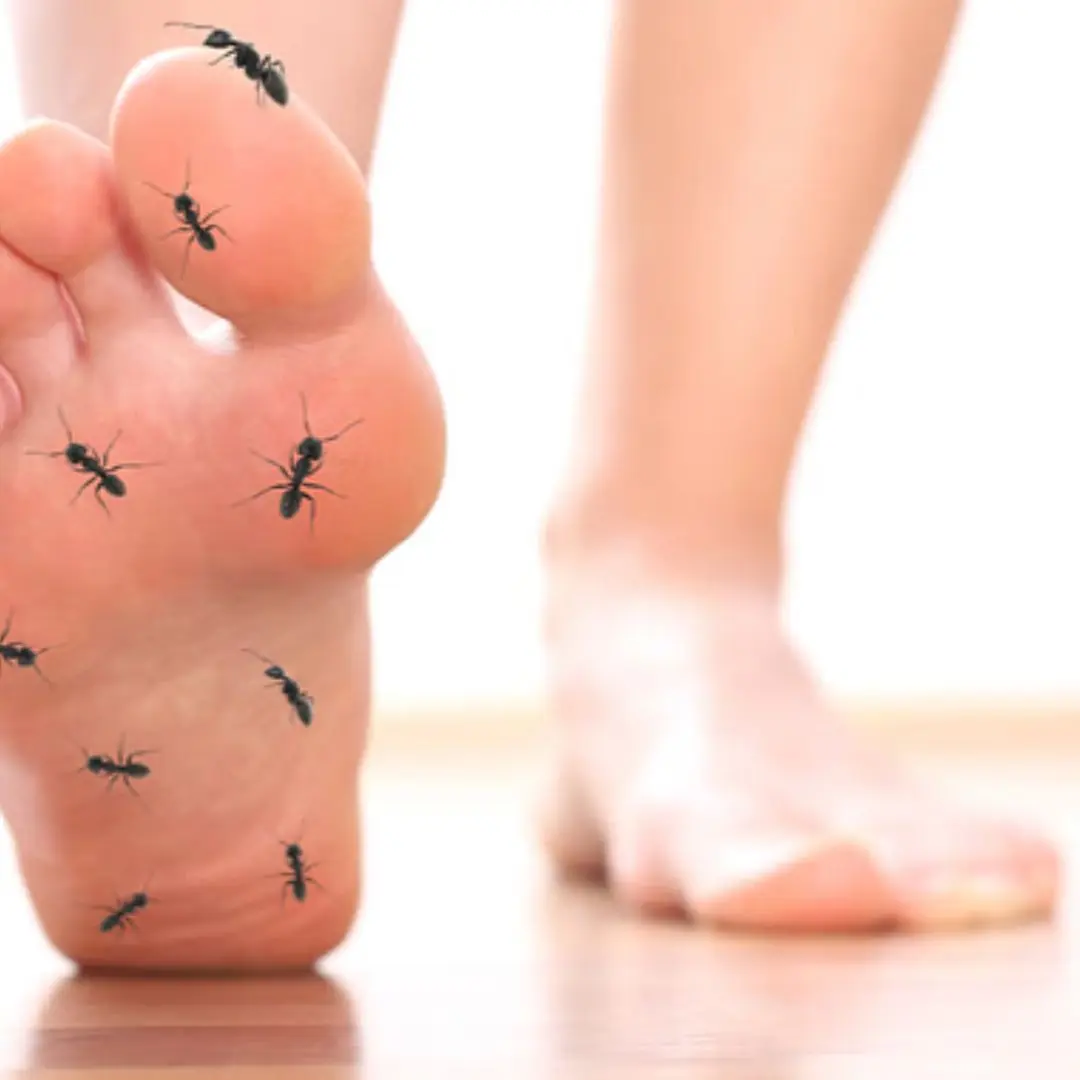
Tingling In Feet: 6 Common Causes You Should Know About

Sleep doctors reveal the one thing you should never do in the morning to maintain a good pattern
